Retinol is often referred to as being one of the most powerful anti-aging ingredients out there, but how much do you really know about it?
From understanding exactly what it is to learning the best ways in which to use the ingredient, here are 14 things that you should know about retinol.
1) Retinol is a Form of Vitamin A
You have likely already heard of vitamin A, but did you know that this vitamin comes in quite a few different forms?
One of these forms is retinol, and this ingredient has been used in skin care since the early 1970’s.
In fact, retinol is one of the only anti-aging ingredients that has been clinically proven to be effective, which is why this is such a popular ingredient.
2) Retinol is Different from Retinoids
Have you ever wondered what the difference is between retinol and retinoids?
Just like retinol, retinoids are also a form of vitamin A, but they are actually more potent than retinol. This is why retinol is available to be purchased over-the-counter, but retinoids require a prescription.
What makes retinoids more potent?
Well, whenever you apply a product containing a derivative of vitamin A, your body needs to convert this into retinoic acid before it can utilize it.
With retinoids, your body only needs to do a few conversions before it turns into retinoic acid, whereas it needs to do more with retinol, which is why it takes longer for this ingredient to work.
While this may be the case, retinol is still extremely effective, and is also milder than retinoids, meaning that there is less chance that retinol will cause your skin to react in a negative way. It is always better to start off with gentler versions of an ingredient when using it for the first time, so opt for a low strength retinol product if you have never used retinol on your skin before.
3) Retinol Has Powerful Anti-Aging Benefits
As mentioned above, retinol is one of the most powerful anti-aging ingredients out there, but what exactly does it do?
One of its biggest benefits is the way in which it boosts cell turnover…
Don’t know what cell turnover is?
It is the rate at which your body sheds its dead skin cells and replaces them with fresh new ones. As you age, your cell turnover rate slows down, which is why mature skin can often seem duller and less hydrated.
By using retinol, you will be able to speed your cell turnover back up, helping your skin to look and feel fresh and youthful.
Another one of the anti-aging benefits of retinol is the way in which it boosts collagen and elastin production in your body. Collagen and elastin are two of the structural proteins that make up the building blocks of your skin, giving it its shape, firmness and tightness.
Just like with your cell turnover rate, the amount of collagen and elastin your body produces as it ages declines, which is why your skin will begin to wrinkle and sag as you grow older. By applying a retinol product to your skin, you will be able to stimulate your skin’s collagen and elastin production, raising it back up.
4) Retinol Can Treat Hyperpigmentation
Hyperpigmentation is a common skin issue, and refers to areas of your skin that are darker than others.
What causes hyperpigmentation?
A number of different factors, from sun exposure to air pollution to hormones. Essentially, your skin ends up producing more melanin, which is the pigment that gives your skin its color, in certain areas, which is why those areas end up darker than the rest of your skin.
This can be a frustrating issue to deal with, as there are many products out there that promise to treat hyperpigmentation, but simply do not have the right ingredients to actually do so.
This is where retinol comes in…
Retinol has been proven to be extremely effective at treating hyperpigmentation, and is now often the ingredient that doctors will prescribe. It works by evening out your skin tone and regulating melanin production, preventing the pigment from building up in small areas of your skin.
5) Retinol Can Unclog Pores and Treat Acne
One of the very first uses for retinol was actually in acne treatment, all because of the way in which retinol is able to unclog the pores. This prevents sebum, dead skin cells and bacteria from building up in your pores, therefore preventing acne breakouts from occurring.
Wondering if you can use retinol alongside your existing acne treatments?
This depends…
In the past, research showed that certain anti-acne ingredients, such as benzoyl peroxide, actually deactivated retinol. However, there are more recent studies that show that common anti-acne treatments have no effect on retinol, so long as a newer form of retinol is being used.
Of course, both retinol and anti-acne products are quite strong, meaning that if you use them together, you may experience an increase in side effects, from dryness to redness.
If this happens to you, you may be best off using your acne treatment in the morning, and then retinol at night.
6) Retinol Can Reverse Sun Damage
There are not many ingredients out there that have the ability to reverse sun damage, but retinol is one of them.
Retinol is actually an antioxidant, and can go a long way when it comes to reversing sun damage. It is often referred to as a cell communicator, because it communicates with your skin cells, encouraging them to repair and restore themselves. This not only helps to reverse existing sun damage, but can also prevent future sun damage from occurring.
7) Retinol is Available in Different Concentrations
It was mentioned above that you would be best off starting with a low strength retinol product if you have never used the ingredient before.
Unfortunately, there is no easy way to quickly determine which strength of retinol would be most beneficial for your skin, so a 0.01% retinol product should be what you opt for to begin with.
Do you find that your skin is able to easily tolerate retinol at a low strength?
If so, you can move on up to something slightly stronger, such as a product that contains 0.04% to 0.1% retinol. This will also be more effective on your skin, not only when it comes to anti-aging but also sun damage and hyperpigmentation.
Need something even stronger?
If you are seeking results that are really dramatic, and have found that your skin can tolerate retinol well, then switch to a retinol product with a concentration of up to 1%.
8) Retinol is Often Animal-Derived
Are you a vegetarian or a vegan?
If so, you may need to keep an eye out for retinol products that state that they are vegan.
Why?
Because much of the retinol that is used in skin care actually comes from animal sources, such as eggs.
Of course, there are plenty of plant-based sources of retinol out there too, and these are what the vegan products would be formulated with.
9) Retinol is Best Used at Night
There are many myths out there surrounding retinol use in the daytime.
Traditionally, older forms of retinol would be rendered inactive when they come into contact with UV rays, but there are a couple of ways in which you can get around this.
The first is by applying a sunscreen over your retinol product, so that the UV rays do not end up touching the retinol.
Alternatively, you could use an encapsulated retinol product instead.
What does this mean?
It means that the retinol is housed in a carrier system, which not only boosts how well it is able to penetrate into your skin, but also protects the stability of the retinol itself.
While retinol does oxidize in the sun, using a sunscreen over the top of it, or opting for an encapsulated retinol product, will help to prevent this from happening.
Of course, your best bet would be to use retinol at night. Since retinol only needs to be used once a day, save the ingredient for your evening skin care routine instead of your morning one.
10) Your Skin Will Never Grow Immune to Retinol
The majority of people will experience a few side effects when using retinol for the first time, whether this may be flaking, redness or anything else. This is absolutely normal, and is to be expected while your skin is still adjusting to the potency of the product.
This usually wears off after a couple of weeks, which often leads people to believe that the retinol is no longer having an effect.
However, this is not true at all…
While your skin will soon learn to tolerate retinol, minimizing its side effects, it does not, in any way, become immune to the benefits of the ingredient.
11) It Can Take 12 Weeks to Notice Skin Changes
Knowing that retinol is one of the best anti-aging ingredients out there, many expect results to be immediate.
Unfortunately, this is not how retinol works.
The reason it is so effective is because of the way in which it makes deep and long-lasting changes to your skin. This means that it can take up to 12 weeks for you to notice a difference after using a retinol product.
Rather than give up after a few weeks when you have not seen any changes, stick to your new regime and give it at least three months to have an effect.
12) Retinol Can Be Used Around the Eyes
Being such a potent ingredient, many are afraid to use retinol on the skin around their eyes, because the skin here is so much thinner and more delicate than the skin on the rest of the face.
While this may be the case, this also means that this is where the majority of your skin damage will initially be visible, from wrinkles and fine lines to crow’s feet.
Studies carried out on this topic have shown that those who do use retinol around their eyes experience the very best benefits, as the retinol is able to help their entire face.
Have you ended up with some retinol in your eye?
Don’t panic. It may sting for a while, but it will not cause any damage to your actual eye.
13) Retinol Works Best When Combined with Other Antioxidants
There is quite a bit of research out there that shows that retinol is actually even more effective when it is used alongside other antioxidants.
Wondering which other antioxidants you should be using?
Give these a try:
- Vitamin A
- Vitamin C
- Vitamin E
If you are only wanting to use one extra ingredient, then pick vitamin C. Although there are plenty of myths out there about how vitamin C and retinol render each other inactive, this is not at all true.
In fact, vitamin C and retinol work extremely well together, with the vitamin C helping the retinol to protect the skin from free radical damage, with the vitamin C also preventing the retinol from oxidizing.
14) The Benefits of Retinol are Long-Lasting
One of the reasons as to why retinol is often regarded as a top anti-aging ingredient is because its benefits last for such a long time.
While many ingredients only bring about temporary benefits to the skin, clinical studies show that the effects of retinol can last for well over a year.
Whether you are in the later stages of life and are already experiencing wrinkles and other visible signs of aging, or you are in your 20’s and still have a smooth and firm complexion, using retinol can benefit just about everyone. If you have never used retinol before, now is the time to start, just make sure that you start off slow and give the product at least three months to work its magic.

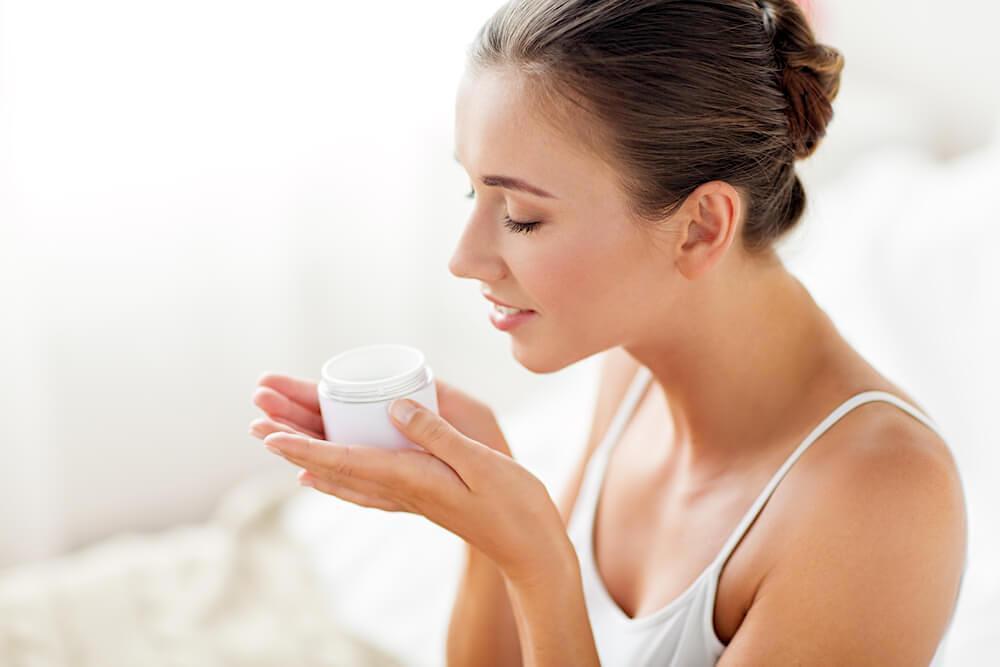
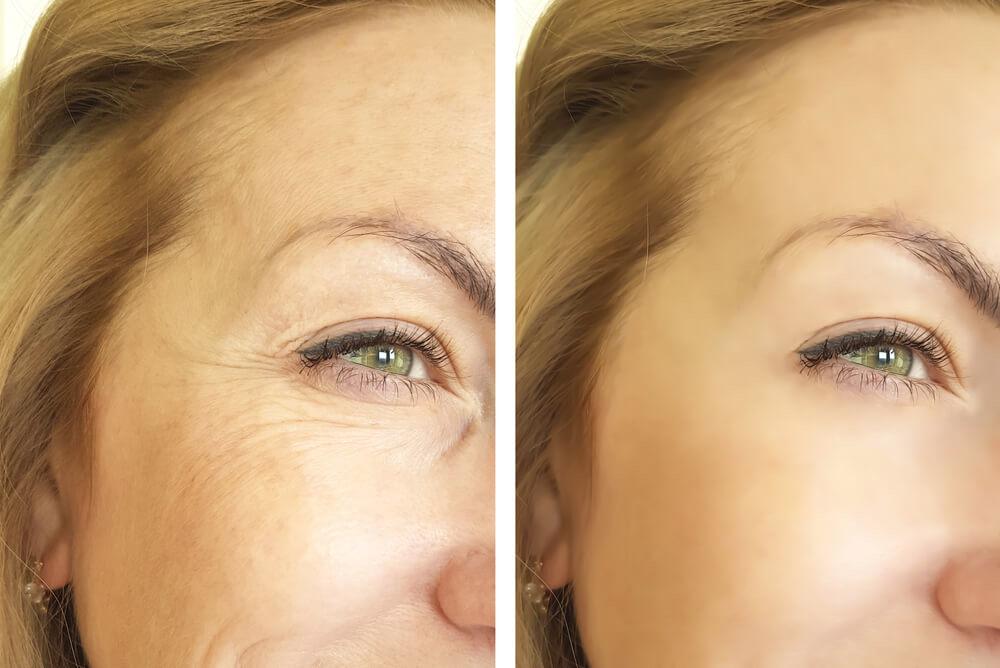
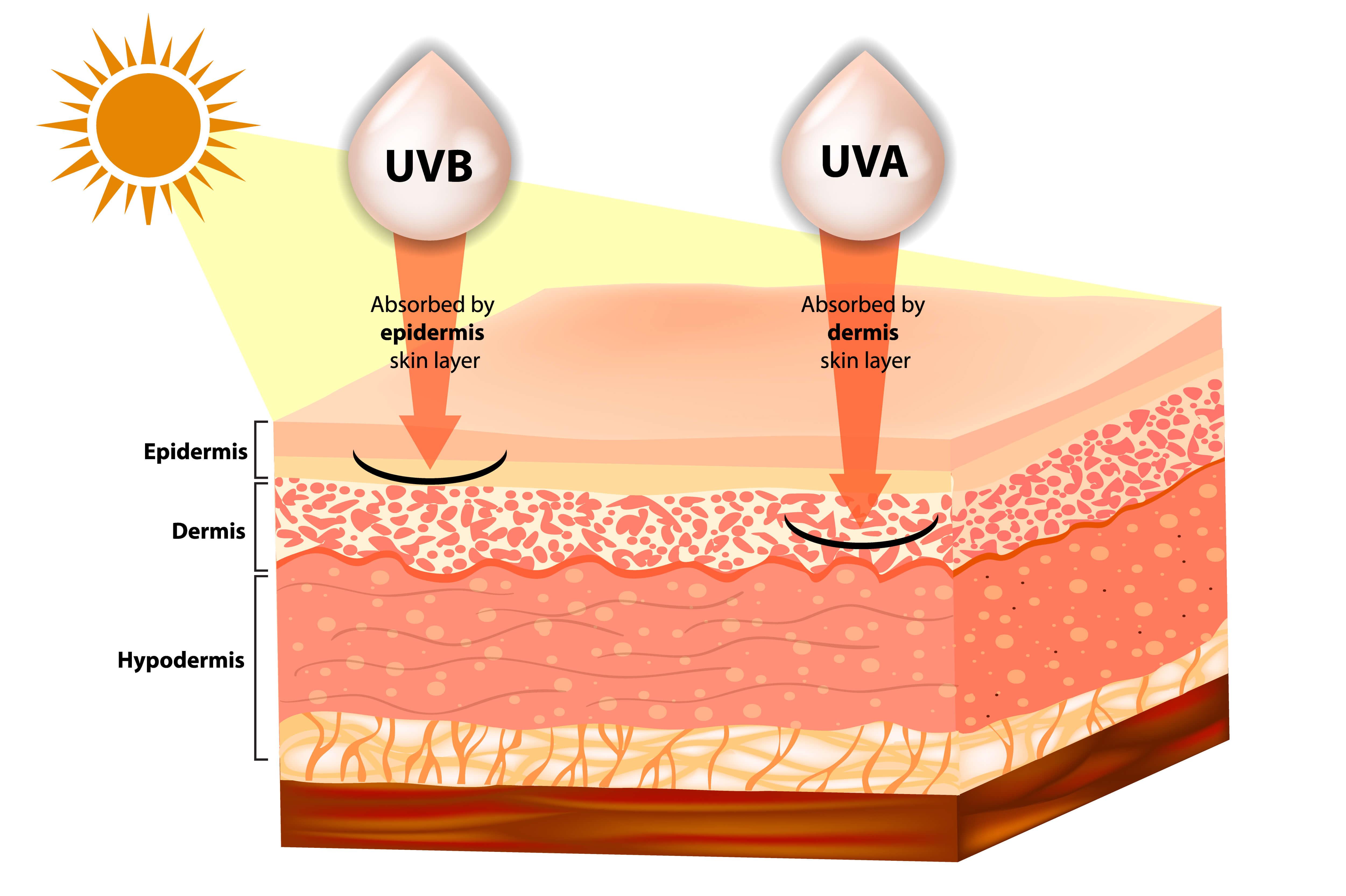
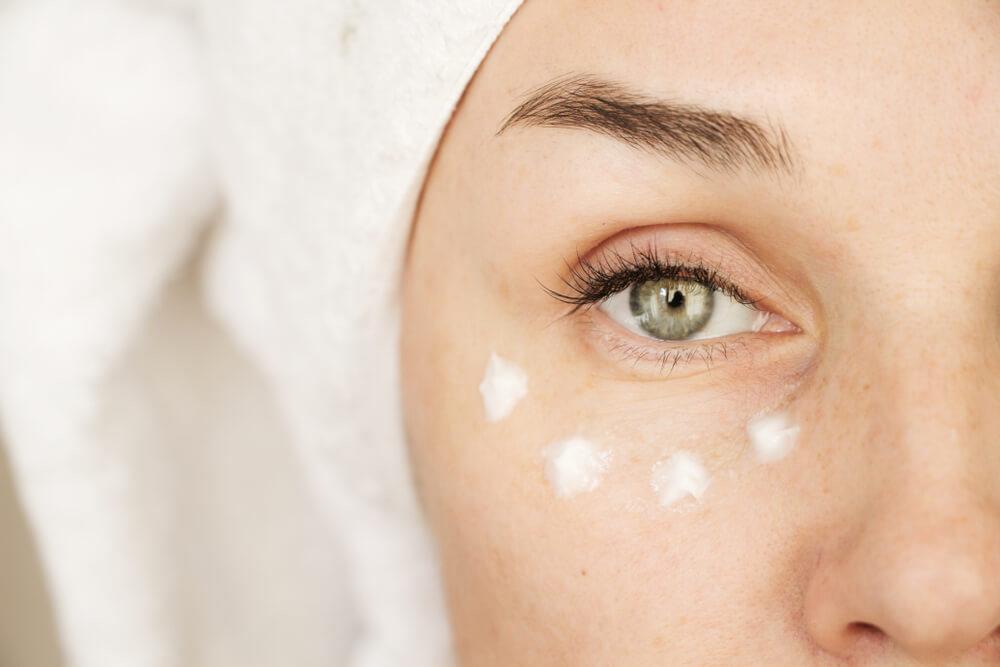

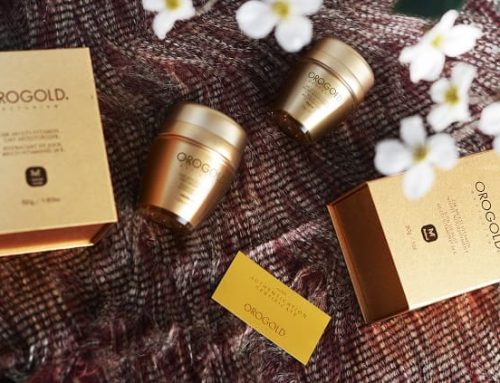
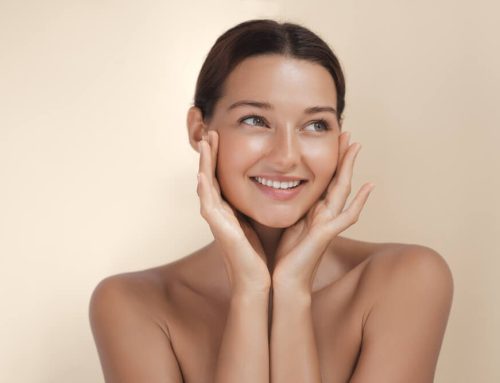

Leave A Comment